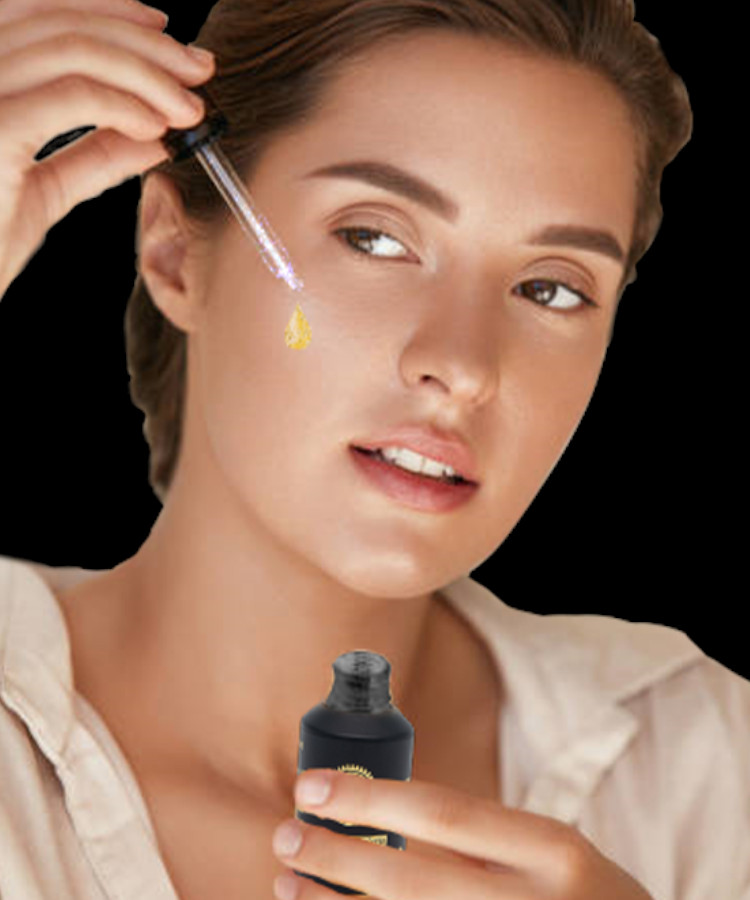The 2020 Pandemic perhaps made the word alcohol famous. Everyone clamors to have their first line of defense during the first quarter of pandemic. This even resulted to the lack of supply. Thus, affecting the law of demand and supply – due to hoarding and thus triggers price increase. Indeed, alcohol serves as our first line of defense in fighting certain virus and bacteria. Be sure to keep it handy especially when you have to go outside, okay?
Having said all these, alcohol, apart from being a disinfectant, is also commonly incorporated in your beauty products. Yep, and we are pretty sure some of you are even scared whenever they heard the term alcohol as being part of the skincare ingredients. We pretty much heard your concerns about how much you should be concerned with alcohol in skincare or should it be avoided? Or what certain amount is considered fine? We utterly want the best for the health of your complexion that is why we are laying down all the facts that you should be aware of whenever the topic about alcohol comes on the line.
According to Dr. Lauren Fine, board-certified Dermatologists at Chicago Cosmetic Surgery and Dermatology, Alcohol being incorporated in beauty products makes the product feel more elegant and light, it also improves the overall feel of the product by making it fast absorbing.
There are actually pros and cons of having alcohol in your beauty products, and it all boils down to your skin type. It is indeed important that you know your skin very well because it actually serves as your building blocks in choosing the right skincare products for you.
Listing herewith the things you should know about alcohol and yes, breaking the myths build up in your mind since your middle school days. Yaaay!
Ethyl also known as ethanol or grain alcohol a well-known topical penetration enhancer, according to the FDA. Ethyl alcohol is denatured – ingredient that makes the alcohol so bitter to the point that you do not actually want to drink it. It is most commonly used by cosmetics companies to avoid paying taxes on the alcohol content in cosmetics.
Isopropyl You probably have heard a lot about this alcohol, especially during such a times as these. It serves as an astringent, antifoaming agent and even solvent.
Methyl Another denatured alcohol and is most commonly incorporated in bath products.
Benzyl This is most commonly incorporated in soaps, cosmetics, cleansers and hair care products. It is naturally found in fruits and teas.
Cetyl, Stearyl, Cetearyl, or Lanolin – These are all said to be fatty alcohols, According to Dr. Maryam Zamani, London-based oculoplastic surgeon, fatty alcohols which is derived from coconut oil or palm oil is used to thicken a formulation and can be nourishing for the skin. It also prevents oil and liquid from separating. Thus making it the most commonly used in skincare products.
Your myths about alcohol in your skincare products
Alcohols are said to be extremely diverse, depending on its purpose of use ranging from rubbing alcohol to retinol and beyond. They can have different structures and weights and that primarily determines how each type of alcohol works well for your skin.
It is indeed common for cosmetics to use alcohols as solvents or emulsifiers. Isopropyl and ethyl alcohol primarily functions as solvents, solvent is described as a liquid in which other materials dissolve in order to form a solution. According to Dermatologist based in Cleveland, Dr. Melissa Piliang, alcohols like these make a product feel lighter on the skin and increases the skin penetration of active ingredients.
Yup, you see it right! There are actually good alcohols that could moisturize the skin. These are the so called, fatty alcohols like cetyl, stearyl and cetearyl. They primarily functions in keeping oil-and-water from separating. It also adds extra emollience to the final product. Emollience is described as having the quality of softening or soothing the skin. As mentioned earlier, these alcohols are most commonly derived in plant or vegetable oils. And in contradiction to the light feeling that ethyl and isopropyl alcohol provides, fatty alcohols actually make the product feel thick with a heavy texture. Making it an effective moisturizer, it helps protects the skin draw moisture and enhance the natural lipid barrier.
We all know the golden rule, everything that is used too much may bring no good. For solvent type alcohols, has the possibility to take some water in your skin. The increased skin penetration that it provides is great for active ingredients but not to the extent of heavy fragrances and essential oils. In high concentration and with heavy use, solvent type alcohols can be drying and irritating. Emollient type of alcohols on the other hand, a plant derived doesn’t necessarily implies that it is harmless. Plant based may be a potential allergen, depending on what skin type you have. The take away on this matter is that, If you are experiencing dryness and a bit of irritation, it could be because of the too much solvent-type alcohol. On the other hand, a clogged pores or an increased breakout may imply that there is a too much fatty alcohol topical application. Be mindful always of your skin’s reaction.
The best way to get the most out of the benefit of alcohol in skincare products is indeed to fully understand what skin type you have. Besides, it is your skin who will solely benefit from it.
If you have oily skin
Look for solvent type of alcohol. These are alcohols that are said to be low-molecular weight such as ethyl alcohol.
If you have dry skin
Look for emollient type of alcohol. These are alcohols that are said to have higher molecular weight such as fatty alcohols like cetyl and stearyl.
If you have sensitive skin
Oops, for those who have sensitive skin, it is advised to be extra cautious. In that case, it is recommended for Queens with sensitive skin to stick with petroleum jelly products.
Having said all these, is there a bit of change in your mind on how you perceived alcohol? We really do hope so. Be extra careful in picking the skincare product, it is your skin that will solely benefit from it.
BECOME A B&A INSIDER
Get the latest beauty tips, news and product notification, and exclusive promotions in your box! Subscribe to our Newsletter. We are excited for you! Be part of our mailing list by simply signing up below!




Get the latest beauty tips,news,product notification and exclusive promotions in your box!
Subscribe to our Newsletter, we are excited for you. Be part of our mailing list by simply signing up below!